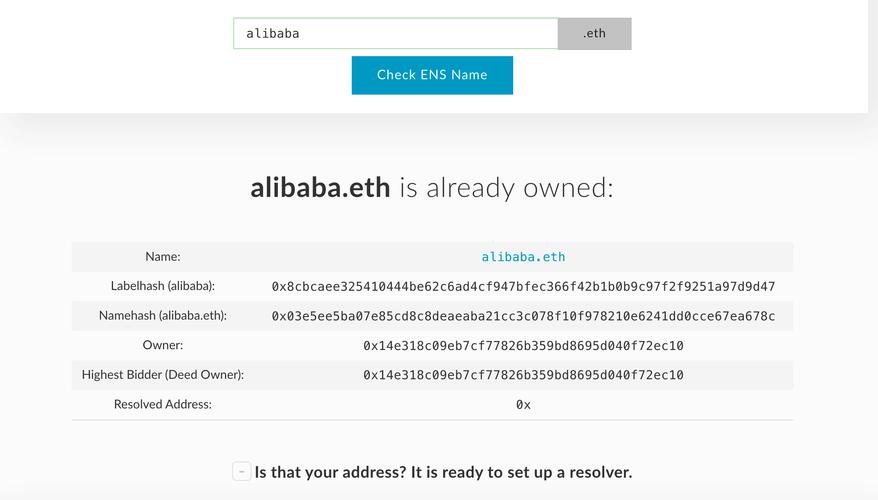
Does My Information Get Sent with an ETH Wallet?
When you’re considering using an Ethereum wallet, one of the most common concerns is whether your personal information gets sent along with your transactions. This article delves into the intricacies of Ethereum wallets, explaining how your data is handled and ensuring you have a comprehensive understanding of the process.
Understanding Ethereum Wallets
An Ethereum wallet is a digital wallet that allows you to store, send, and receive Ethereum (ETH) and other ERC-20 tokens. Unlike traditional banking systems, Ethereum wallets operate on the blockchain, a decentralized and immutable ledger.

There are two main types of Ethereum wallets: hot and cold wallets. Hot wallets are connected to the internet and can be accessed from anywhere, while cold wallets are offline and offer enhanced security.
How Information is Handled in Ethereum Wallets
When you use an Ethereum wallet, your personal information is not directly transmitted with your transactions. Here’s how the process works:
| Step | Description |
|---|---|
| Address Generation | Your wallet generates a unique public address for each transaction. This address is used to send and receive ETH and tokens. |
| Transaction Signing | Your private key, which is known only to you, is used to sign the transaction. This ensures that only you can initiate transactions from your wallet. |
| Transaction Broadcasting | The signed transaction is broadcast to the Ethereum network, where it is validated and added to the blockchain. |
| Transaction Confirmation | Once the transaction is confirmed by the network, the recipient receives the ETH or tokens, and the transaction is recorded on the blockchain. |
As you can see, your personal information is not included in the transaction itself. The only information that is shared is the sender’s and recipient’s public addresses, which are used to identify the transaction.
Security Measures
While your personal information is not transmitted with your transactions, it’s essential to understand the security measures in place to protect your wallet and assets:
- Private Keys: Your private key is the most critical piece of information in your wallet. It should be kept secure and never shared with anyone.
- Backup: Regularly backup your wallet to prevent loss of funds. This can be done by exporting your private key or using a backup feature provided by your wallet provider.
- Multi-Factor Authentication: Many wallets offer multi-factor authentication to add an extra layer of security to your account.
- Phishing Awareness: Be cautious of phishing attempts, as cybercriminals may try to steal your private key or login credentials.
Conclusion
In conclusion, your personal information is not sent with your Ethereum wallet transactions. The process is designed to ensure your privacy and security while allowing you to transact with ETH and other tokens. By understanding how your wallet works and implementing proper security measures, you can enjoy the benefits of using an Ethereum wallet with peace of mind.



